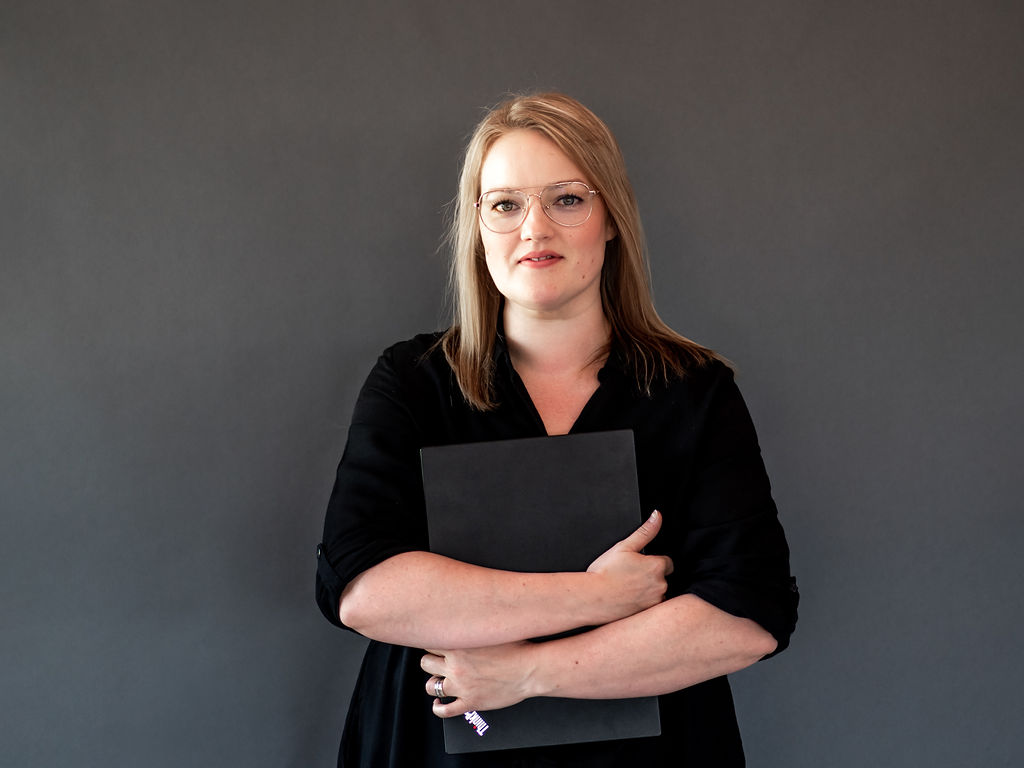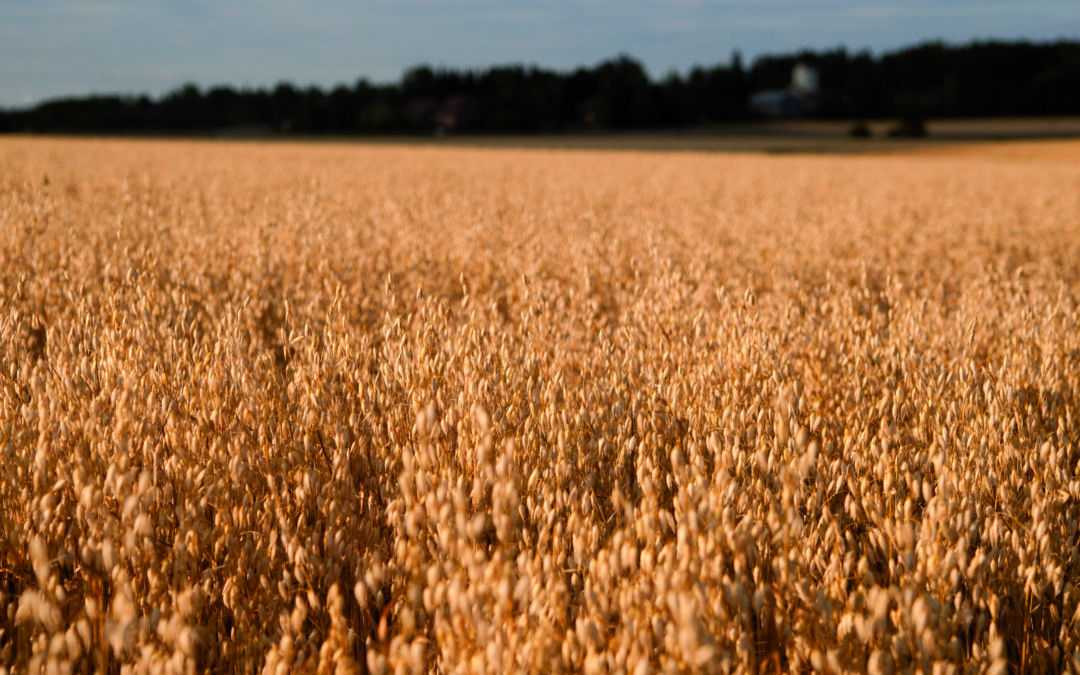In the Smart Specialisation (S3) approach, regions map and select a limited number of priority areas for knowledge-based investments, focusing on their strengths and advantages. The approach combines industrial, educational and innovation policies and is labelled by close cooperation between companies, public authorities, and R&D institutions.
In Päijät-Häme, we have chosen three priority areas: Sport, Food & beverage, and Manufacturing. In addition, Sustainability is highlighted as a cross-cutting theme. The Regional Council coordinates the cooperation within and across the priorities and oversees the whole innovation ecosystem.
– We have a long history based on our regional competences and cooperation networks, but there’s always room for systemic improvement and new openings, says Mr. Harri Kuusela of the S3 innovation ecosystem project.
– In addition, our advantages as a region include excellent logistics, competent work force, dynamic and growing educational sector, as well as “softer” factors such as the quality of living we can offer for employees, Mr. Kuusela continues.
Grain Cluster and Value Chain Based Ecosystem
One of the success stories of Smart Specialisation in Päijät-Häme is the Grain Cluster. It covers several companies with a combined turnover of 800M€, 3000 jobs, 800 farmers, 43 000 ha arable land, and significant investment level (160 M€ in 2017-2023).

There are notable companies, such as Fazer, Hartwall, Viking Malt, and Teerenpeli, but also several vital SME’s.
– Our strength is in our versatility, says Ms. Hanna Ylä-Mononen, the chairwoman of the cluster.
– Small local firms sit in the same table with big international companies, sharing the same passion: grain. One might think we have conflicting business interests and competition, but we see cooperation as a stronger force that enables us all to move forward. We also see the importance of the whole value chain – from ”farm to fork”, not to underestimate our wide-embracing approach to sustainability, Ms. Ylä-Mononen adds.
The cluster has adopted a bottom-up approach; it is based on voluntary participation and there’s no membership fee. Local business development agency LADEC has supported the cluster all the way from the start.
Pilot Plant as an R&D Platform
Within the premises of LAB University of Applied Sciences there is hectic construction underway: a brand new test laboratory – called Pilot Plant – is ready to be utilised by companies, researchers, and developers by the end of 2023. The idea for the Pilot Plant was initiated by the Grain Cluster to support high-level product development and foster university – business cooperation.

– Companies can use Pilot Plant as test bed for their research and product development. Pilot Plant makes possible to engage companies, educational institutions, and other local actors. The pilot plant laboratory underlines the role of educational institutions in regional innovation ecosystems, says RDI-specialist and Grain Cluster Pilot Plant Project Manager Ms. Gatja Tiusanen from LAB University of Applied Sciences.
The Work Continues
All in all, in the Päijät-Häme region, there is a dynamic drive in the Food & Beverages sector in particular, and in smart specialisation ecosystem in general; it can almost be described as a positive overheat mode. Stay tuned for more news!
For additional information, please check:
Smart Specialisation Strategy of Päijät-Häme (pdf)
Food & beverage industry | Lahti Business Region
(Uutiskuva: LADEC kuva-arkisto)


